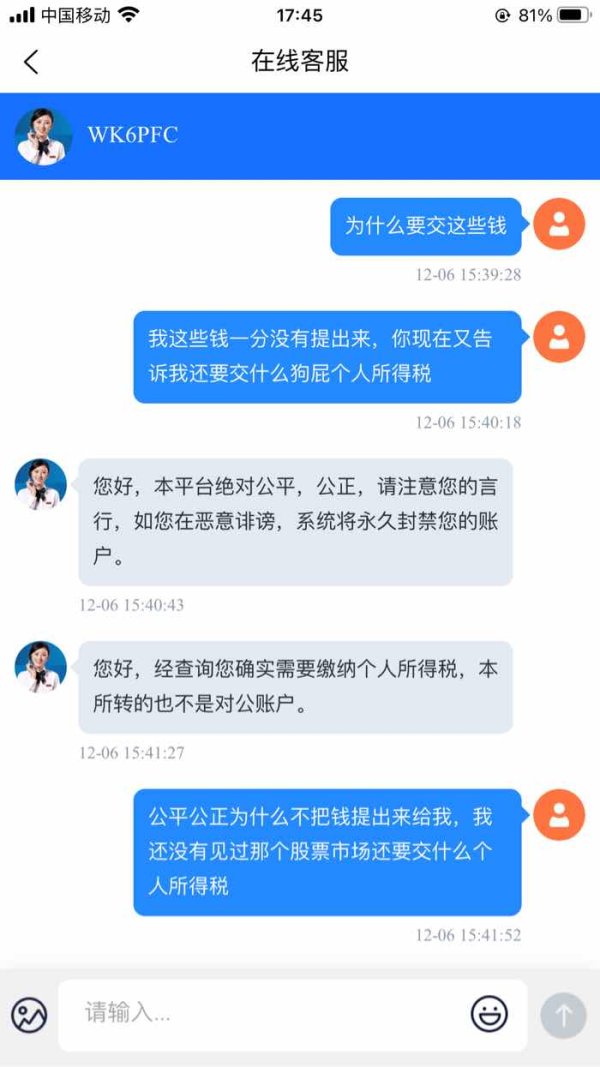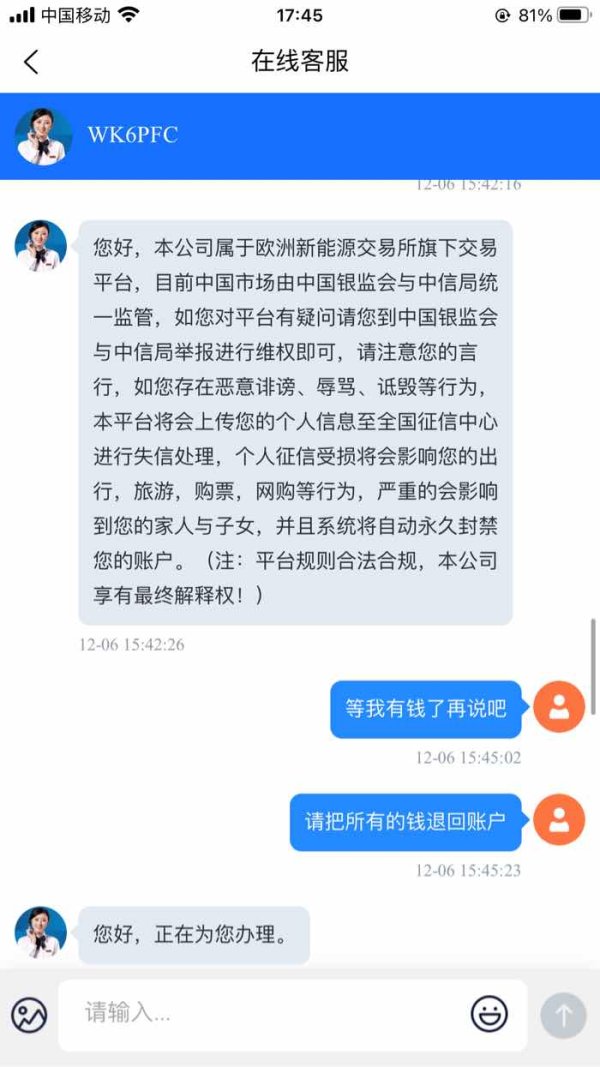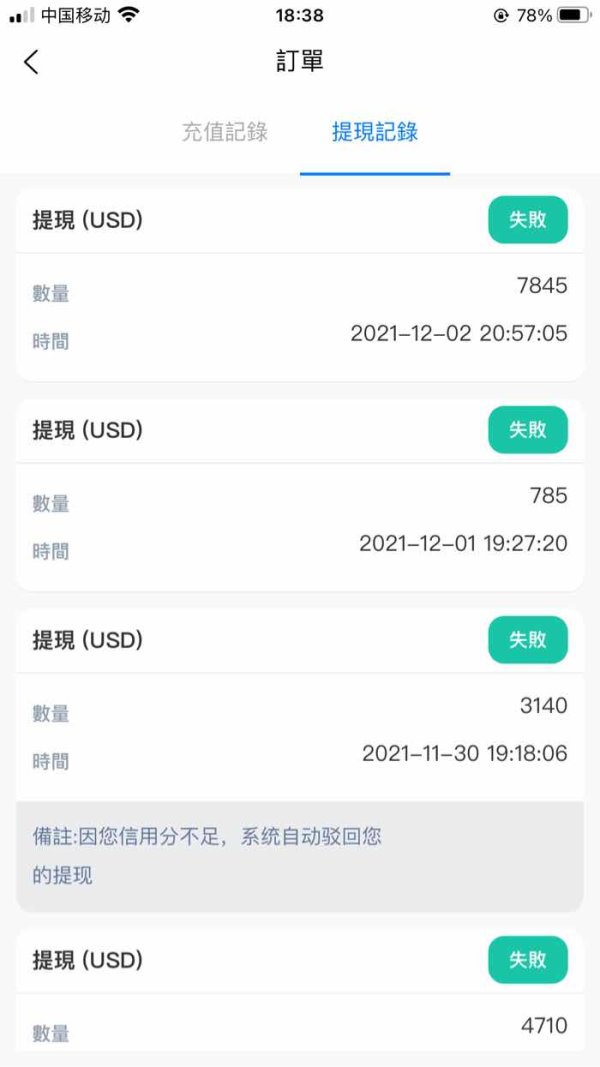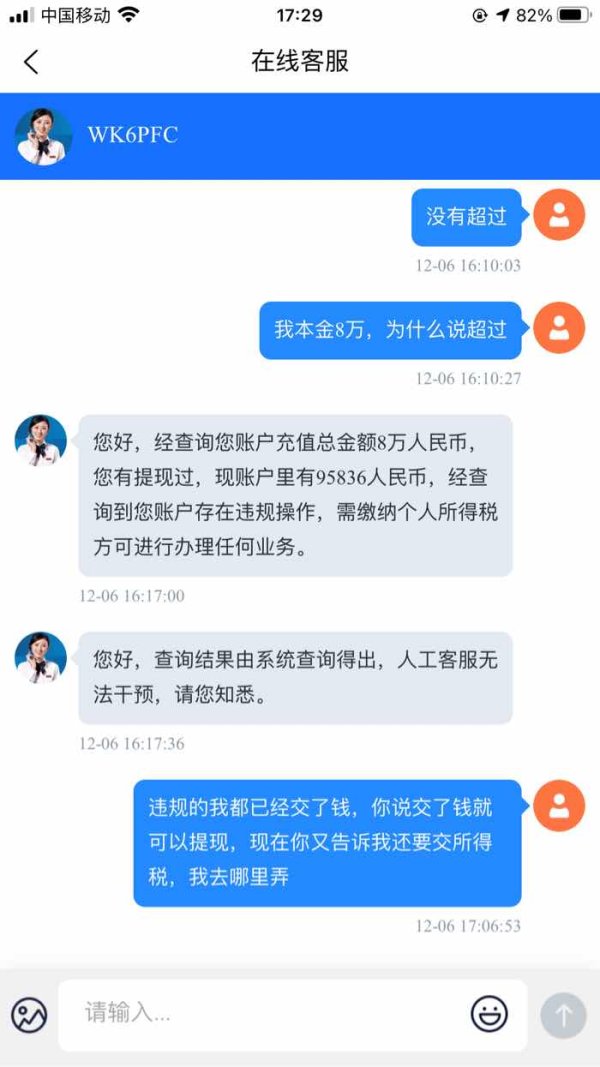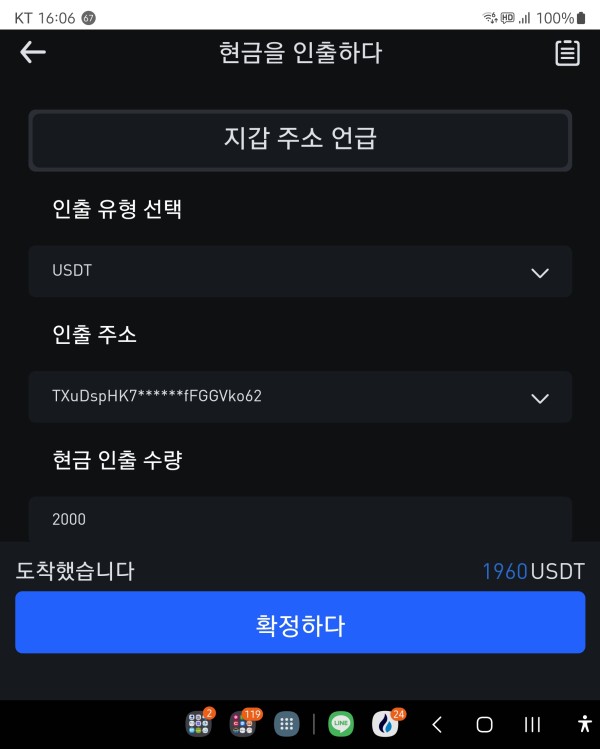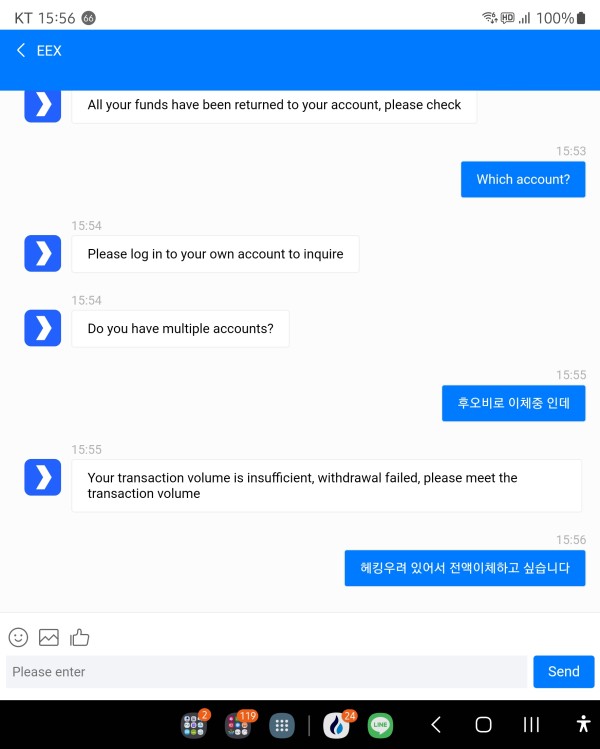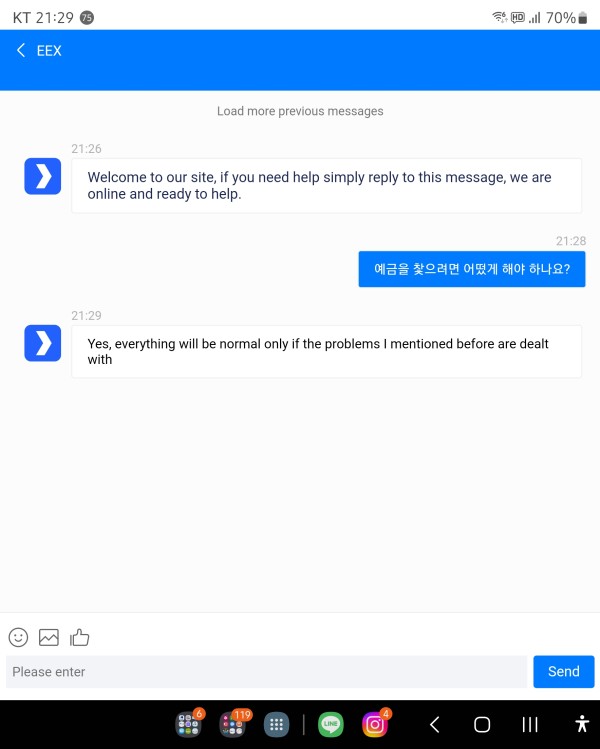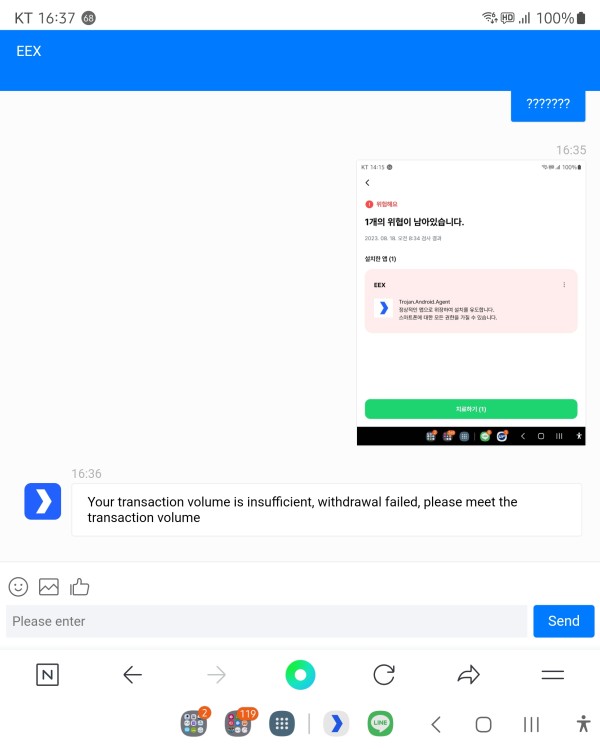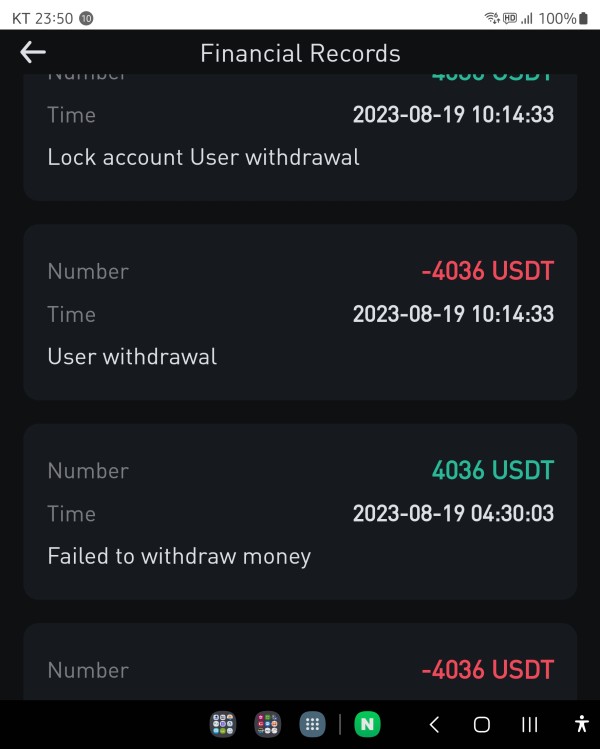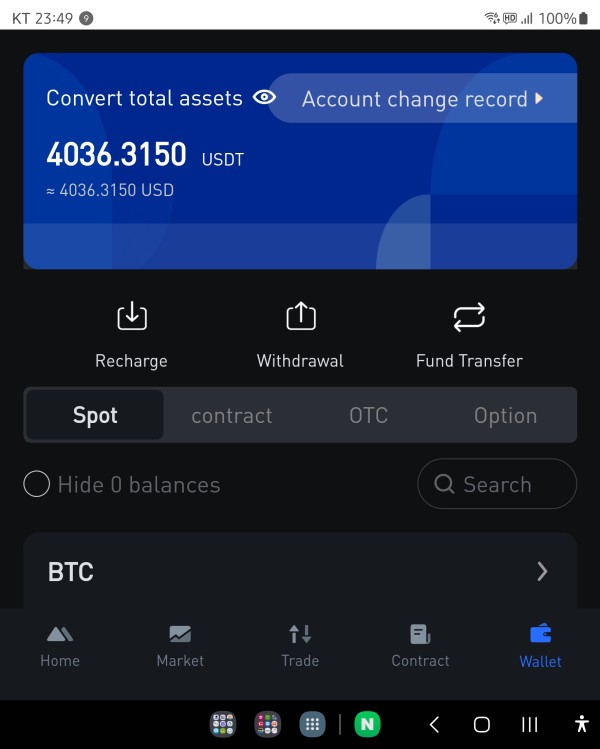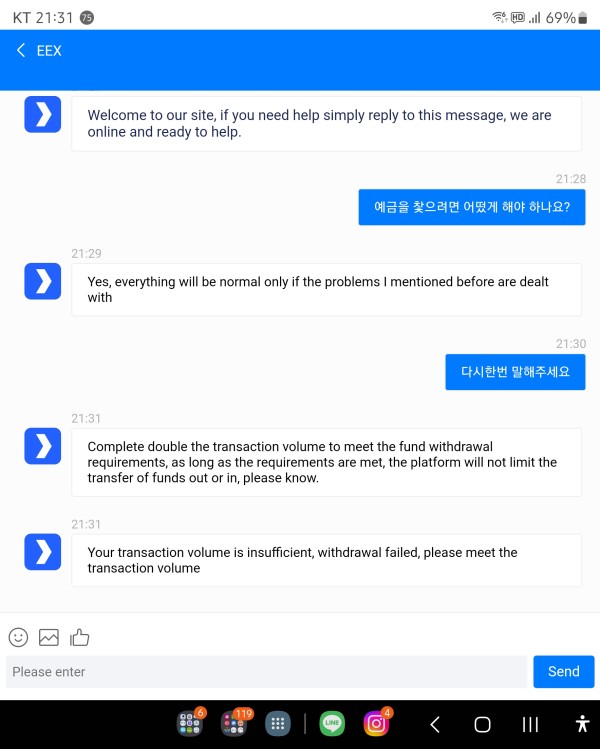Eex 2025 Review: Everything You Need to Know
Executive Summary
The European Energy Exchange stands as a prominent regulated trading venue within the energy sector. It operates as a subsidiary of Deutsche Börse Group since its establishment in 2002. This Eex review examines a specialized exchange that focuses primarily on electricity, energy commodities, and emissions trading rather than traditional forex markets. EEX has carved out a significant niche in the European energy trading landscape. The exchange provides both spot and derivatives markets for professional traders and institutional investors.
The exchange demonstrates strong regulatory compliance. It also maintains a solid reputation within the energy trading community. According to Glassdoor reviews, EEX maintains an impressive 91% employee recommendation rate, reflecting a positive corporate culture that often translates into better service delivery. The platform primarily serves professional traders, energy companies, and institutional investors. These clients require access to sophisticated energy and emissions trading products. While EEX operates differently from traditional forex brokers, it offers valuable trading opportunities for those specifically interested in energy market exposure.
Important Notice
This review focuses on EEX as an energy exchange operating primarily in European markets. The trading conditions, regulatory framework, and market access requirements may differ significantly from traditional forex brokers and can vary based on your location and trading status. EEX operates under specific energy market regulations. These regulations may not be comparable to standard retail forex trading environments.
The information presented in this review is based on publicly available data, official company communications, and verified user feedback. We recommend consulting directly with EEX representatives for the most current trading conditions and requirements. Energy market regulations and trading parameters can change frequently.
Rating Overview
Broker Overview
Company Background and Establishment
The European Energy Exchange emerged in 2002 as a specialized trading venue. It was designed to serve the evolving needs of European energy markets. As a subsidiary of Deutsche Börse Group, EEX operates within one of Europe's most established financial market infrastructures. This provides the exchange with substantial backing and regulatory oversight. The exchange was created through strategic mergers within the energy trading sector. These mergers consolidated various regional energy trading activities into a centralized, efficient marketplace.
EEX has positioned itself as a central European electric power exchange. It focuses exclusively on energy-related financial products rather than traditional currency trading. The exchange's business model centers on providing secure, transparent, and regulated trading environments for energy commodities. It places particular emphasis on electricity markets, natural gas, and environmental products including carbon emissions trading.
Trading Focus and Market Positioning
The exchange operates sophisticated spot and derivatives markets. These markets cover electricity, energy commodities, and emissions products. Unlike traditional forex brokers, EEX serves as a regulated marketplace where energy producers, consumers, and traders can manage price risk and execute energy-related transactions. The platform facilitates both physical delivery and financial settlement of energy contracts. This makes it an essential infrastructure component for European energy markets.
EEX's regulatory status as an exchange rather than a broker means it operates under different compliance frameworks. These frameworks differ from retail forex providers. The exchange maintains strict admission requirements and typically serves institutional clients, energy companies, and professional trading firms rather than individual retail traders.
Regulatory Framework
EEX operates as a regulated exchange under European financial market regulations. Specific regulatory details were not detailed in available materials. As part of Deutsche Börse Group, the exchange benefits from established regulatory oversight and compliance frameworks governing exchange operations.
Account Access and Requirements
Specific information regarding minimum deposit requirements, account opening procedures, and access criteria was not detailed in available materials. Energy exchange access typically requires institutional credentials or professional trader status.
Trading Assets and Products
EEX provides access to electricity trading, energy commodities, and emissions products. The exchange facilitates both spot market transactions and derivatives trading across these energy sectors. It offers comprehensive coverage of European energy markets.
Cost Structure and Fees
Detailed information about trading costs, commissions, and fee structures was not specified in available materials. Energy exchanges typically operate on different fee models compared to traditional forex brokers.
Trading Platforms and Technology
Specific details about trading platforms, technological infrastructure, and system capabilities were not detailed in available materials. As a major European exchange, EEX likely maintains sophisticated trading systems.
Geographic Access and Restrictions
EEX operates primarily in European markets. Specific geographic restrictions and access limitations were not detailed in available materials.
Detailed Rating Analysis
Account Conditions Analysis
The specific account conditions offered by EEX remain largely undisclosed in publicly available materials. This makes it challenging to provide a comprehensive assessment of their account structure. Unlike traditional forex brokers that typically offer multiple account types with varying features and minimum deposit requirements, EEX operates as an exchange with different access models. These models are primarily designed for institutional participants.
Energy exchanges generally require more substantial capital commitments and professional credentials. These requirements are more demanding compared to retail forex accounts. The admission process for trading on EEX likely involves demonstrating financial capacity, operational capabilities, and compliance with energy market regulations. This Eex review cannot provide specific details about minimum capital requirements, account opening procedures, or special account features. The limitation exists due to limited publicly available information.
The exchange model differs fundamentally from broker account structures. Participants typically need to meet exchange membership criteria or access markets through qualified intermediaries. Without detailed information about EEX's specific account conditions, potential participants should contact the exchange directly. They need to understand admission requirements and trading access procedures.
EEX demonstrates strong capabilities in providing comprehensive tools and resources for energy market trading. The exchange offers sophisticated access to electricity markets, energy commodities, and emissions trading products. This represents a robust toolkit for energy market participants. The platform facilitates both spot and derivatives trading across multiple energy sectors. It provides traders with diverse opportunities for market participation and risk management.
The exchange's integration within Deutsche Börse Group infrastructure suggests access to advanced trading technologies and market data systems. Energy trading requires specialized tools for managing complex delivery schedules, price volatility, and regulatory compliance. These are areas where established exchanges typically excel. EEX's focus on transparency and market integrity indicates strong commitment to providing reliable trading infrastructure.
However, specific details about research resources, analytical tools, educational materials, and automated trading support were not detailed in available materials. Energy exchanges often provide market data, price discovery mechanisms, and clearing services. The exact scope of EEX's additional resources remains unclear from publicly available information.
Customer Service and Support Analysis
Detailed information about EEX's customer service capabilities, support channels, and service quality was not available in the materials reviewed. As an institutional-focused exchange, EEX likely provides specialized support for market participants. The specific nature of these services remains unclear.
Energy exchanges typically offer technical support for trading systems, market operations assistance, and regulatory compliance guidance. The complexity of energy trading often requires sophisticated support services. These include real-time system monitoring, settlement support, and market rule clarification. However, without specific information about response times, available communication channels, multilingual support, or service hours, this review cannot provide detailed assessment of EEX's customer service quality.
The 91% employee recommendation rate mentioned in Glassdoor reviews suggests positive internal culture. This often correlates with better external service delivery. However, this cannot substitute for specific customer service performance data.
Trading Experience Analysis
The trading experience on EEX cannot be thoroughly evaluated due to limited publicly available information. Key areas lacking detail include platform stability, execution quality, and user interface design. As a regulated exchange serving institutional participants, EEX likely maintains professional-grade trading infrastructure. Specific performance metrics were not detailed in available materials.
Energy trading requires robust systems capable of handling complex contract specifications, delivery arrangements, and real-time price discovery. Exchanges in this sector typically prioritize system reliability and execution speed to support critical energy market functions. However, without specific data about platform uptime, order execution speeds, system capacity, or mobile trading capabilities, this Eex review cannot provide detailed trading experience assessment.
The exchange's position within Deutsche Börse Group suggests access to established trading technologies and operational expertise. This potentially supports high-quality trading experiences for qualified participants.
Trust and Regulation Analysis
EEX demonstrates strong credentials in terms of regulatory compliance and institutional trust. Operating as a subsidiary of Deutsche Börse Group provides the exchange with substantial regulatory backing. It also offers operational oversight within established European financial market frameworks. This institutional connection significantly enhances the exchange's credibility and regulatory standing.
As a regulated exchange specializing in energy markets, EEX operates under specific regulatory frameworks. These frameworks govern exchange operations, market integrity, and participant protection. The exchange's focus on transparency and regulated trading environments reflects commitment to maintaining high standards. It emphasizes market conduct and operational reliability.
The company's establishment in 2002 and continued operation within the Deutsche Börse Group demonstrates long-term stability and regulatory compliance. Energy market regulation requires strict adherence to market rules, clearing procedures, and participant oversight. These are areas where established exchanges typically maintain strong performance records. However, specific details about regulatory licenses, capital adequacy measures, and participant protection schemes were not detailed in available materials.
User Experience Analysis
Comprehensive user experience assessment for EEX remains limited due to insufficient publicly available information. Key areas lacking detail include user satisfaction, interface design, and operational procedures. The exchange primarily serves institutional participants and professional traders. This suggests user experience design focused on sophisticated market participants rather than retail user convenience.
Energy trading platforms typically prioritize functionality, reliability, and comprehensive market access. They focus less on simplified user interfaces common in retail trading applications. Professional traders and institutional participants generally require detailed market information, complex order types, and robust risk management tools. This may result in more complex but powerful user interfaces.
The 91% employee recommendation rate suggests positive organizational culture. This often translates into better service delivery and user support. However, without specific user feedback, satisfaction surveys, or detailed information about registration processes, platform navigation, and operational procedures, this review cannot provide comprehensive user experience evaluation.
Conclusion
This Eex review reveals a specialized energy exchange operating within established European financial market infrastructure. EEX serves as a regulated trading venue for energy commodities, electricity, and emissions products. It primarily caters to institutional participants and professional traders rather than retail forex market participants.
The exchange benefits from strong regulatory backing through its Deutsche Börse Group affiliation. It maintains focus on energy market trading rather than traditional currency exchange. While specific details about trading conditions, costs, and user experiences remain limited in publicly available materials, EEX's regulatory status and institutional backing suggest reliable market infrastructure. This applies to qualified energy market participants.
EEX appears most suitable for institutional investors, energy companies, and professional traders seeking exposure to European energy markets. It is less suitable for individual retail traders looking for traditional forex trading opportunities. The exchange's specialized focus and institutional orientation make it a niche platform serving specific energy market needs rather than general trading requirements.

